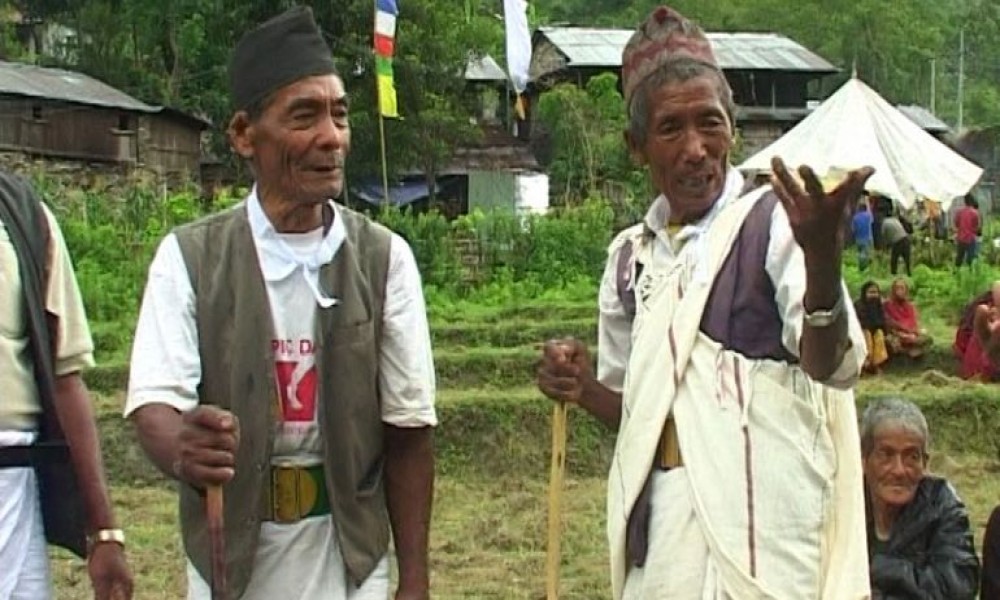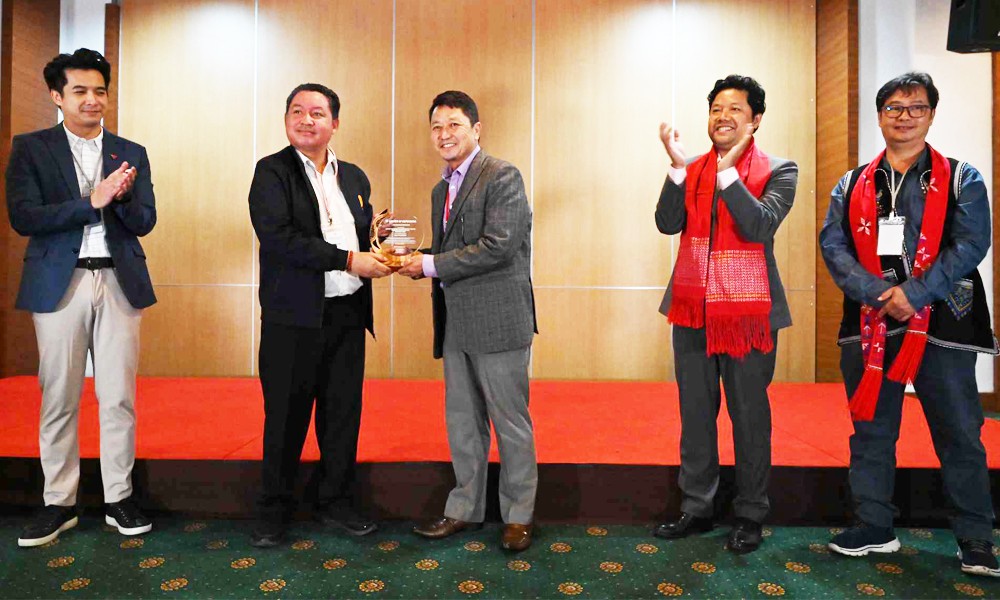The government has tabled a bill in Parliament to set up Adivasi Janajati Commission, which has been envisaged by the Constitution of Nepal 2015. But Adivasi Janajati leaders and rights activists have not pinned much hope on this yet-to-be-formed Commission.
"This commission will be pretty much like how it has been envisaged in the constitution," says Dr Om Gurung, former General Secretary of Nepal Federation of Indigenous Nationalities (NEFIN). "So we are not hopeful that it will fulfill our aspirations."
This commission will be pretty much like how it has been envisaged in the constitution. So we are not hopeful that it will fulfill our aspirations.
Gurung added: "We want a powerful and resourceful quasi-judicial commission that can end all forms of racial discrimination, and can also take actions against those found guilty of discriminating against Adivasi Janajati. But the Constitution envisaged a toothless commission, and we are not hopeful."
The article 261 of the Constitution 2015 has envisaged an Adivasi Janajati commission. The bill tabled in Parliament to form this commission says this constitutional mechanism will draft policies and recommend the government to implement them for social, educational, economic and cultural development and uplift of Adivasi Janajatis. But the bill is still being debated in the bill committee of Parliament.
The constitution has also envisaged separate commissions for Tharus, Dalit, Madhesi, Muslims. The bills for these commissions are also being debated in the house committee.
The Adivasi Janajati commission should aim to give as much rights to Nepal's indigenous community as enjoyed by Khas-Arya people. Else, our resentment against the state will only grow.
Advocates for the rights of indigenous and minority communities say these commissions must be given a stronger mandate, and enough resources. Nepali Congress MP Dilman Pakhrin says: "The Adivasi Janajati commission should aim to give as much rights to Nepal's indigenous community as enjoyed by Khas-Arya people. Else, our resentment against the state will only grow."
Pakhrin also smells the rat in setting up of a separate Tharu commission although Tharus are also indigenous people. "This looks like a ploy to create a divide within indigenous community and weaken our movement," he says.
There are National Human Rights Commission and National Dalit Commission, but ours are just Adivasi Janajati Commission, Tharu Commission, Muslim Commission and Madhesi Commission.
Indigenous rights leader Gurung argues the government's intention is clear even from the names of commissions bestowed upon them. "There are National Human Rights Commission and National Dalit Commission, but ours are just Adivasi Janajati Commission, Tharu Commission, Muslim Commission and Madhesi Commission," he argues. "Are these commissions not national? This is an insult to us."
Man Prasad Sunuwar, an advisor to Sunuwar Sewa Samaj, says the problem lies in the content of the constitution. "You shall reap what you sow," he says. "If the constitution has envisaged a toothless commission, we cannot expect a stronger commission."









